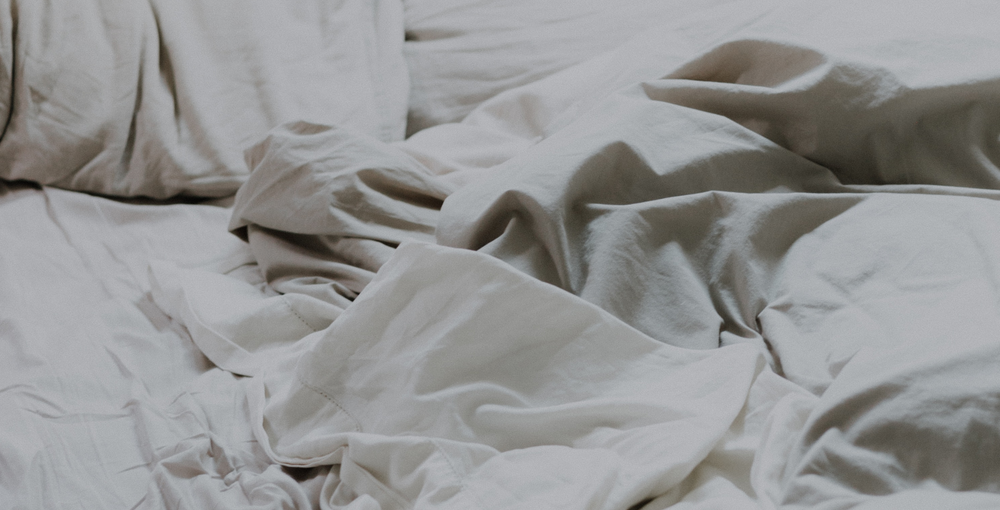Bedwetting, also known as adult nocturnal enuresis or incontinence, is a common and often embarrassing issue that affects many adults worldwide. Bedwetting is involuntary urination while asleep after the age in which staying dry throughout the night is typically expected. While it may seem like an isolating problem, rest assured that you are not alone. In this blog post, we will explore the causes of adult bedwetting, treatment options, and helpful tips to manage and possibly overcome this condition.
- Causes of bedwetting
- Treatment options for adult bedwetting
- Tips for managing adult bedwetting
- Additional resources
Causes of Adult Nocturnal Enuresis
Adult bedwetting can be caused by a variety of factors, including:
1. Urinary Tract Infections (UTIs): UTIs can lead to increased urinary urgency and frequency, potentially leading to bedwetting.
2. Overactive Bladder: Adults with overactive bladder muscles may have difficulty controlling their urge to void, resulting in incontinence.
3. ADH (Antidiuretic Hormone) Deficiency: A lack of ADH can cause the kidneys to produce more urine, leading to bedwetting.
4. Bladder Irritants: Consuming substances like caffeine or alcohol can irritate the bladder and contribute to bedwetting.
5. Prostate Issues: Enlarged prostate or prostate cancer can disrupt normal urinary function and cause incontinence.
6. Neurological Disorders: Conditions like multiple sclerosis or obstructive sleep apnea can interfere with the body's ability to control bladder function.
7. Constipation: Chronic constipation can put pressure on the bladder, leading to incontinence.
Treatment Options for Adult Nocturnal Enuresis
1. Medical Examination: If you experience adult bedwetting, it is essential to consult a healthcare professional. They will conduct a physical exam, perform a urinalysis, and possibly order further tests to identify any underlying medical conditions.
2. Desmopressin: This synthetic hormone can help reduce urine production and is often prescribed for individuals with ADH deficiency.
3. Bladder Training: Bladder training involves scheduling voiding times and gradually increasing the time between bathroom visits to improve bladder control.
4. Lifestyle Modifications: Reducing fluid intake before bedtime and avoiding bladder irritants like caffeine and alcohol can help manage bedwetting.
5. Pelvic Floor Exercises (Kegel): Strengthening the pelvic floor muscles can improve bladder control and reduce leakage.
6. Bedwetting Alarms: These devices can wake you up when they detect moisture, helping you develop a conditioned response to avoid bedwetting.
7. Medications: In some cases, medications may be prescribed to relax overactive bladder muscles or treat underlying medical conditions.
Tips for Managing Adult Nocturnal Enuresis
1. Monitor Fluid Intake: Be mindful of the amount of fluid you consume, especially before bedtime.
2. Empty Your Bladder: Voiding before bedtime can reduce the risk of bedwetting during the night.
3. Use Absorbent Products: In situations where bedwetting may be unavoidable, using adult diapers or protective bedding can provide comfort and reduce embarrassment.
4. National Association for Continence: Seek support from organizations like the National Association for Continence, which offers resources and information on managing incontinence.
Conclusion
While adult nocturnal enuresis, or adult bedwetting can be a challenging condition to face, understanding its possible causes and available treatments can empower you to take control of your health. Remember to consult a healthcare professional to determine the underlying cause of your bedwetting and explore appropriate treatment options. With patience, persistence, and the right approach, it is possible to manage and, in some cases, overcome adult bedwetting, allowing you to lead a more confident and fulfilling life.
Want to learn more about how to stop adult nocturnal enuresis?
- A Q&A About Staying Hydrated With Urinary Incontinence
- Adult Bedwetting Causes and Treatments
- Adult Bedwetting: Stories and Tips from Real People
